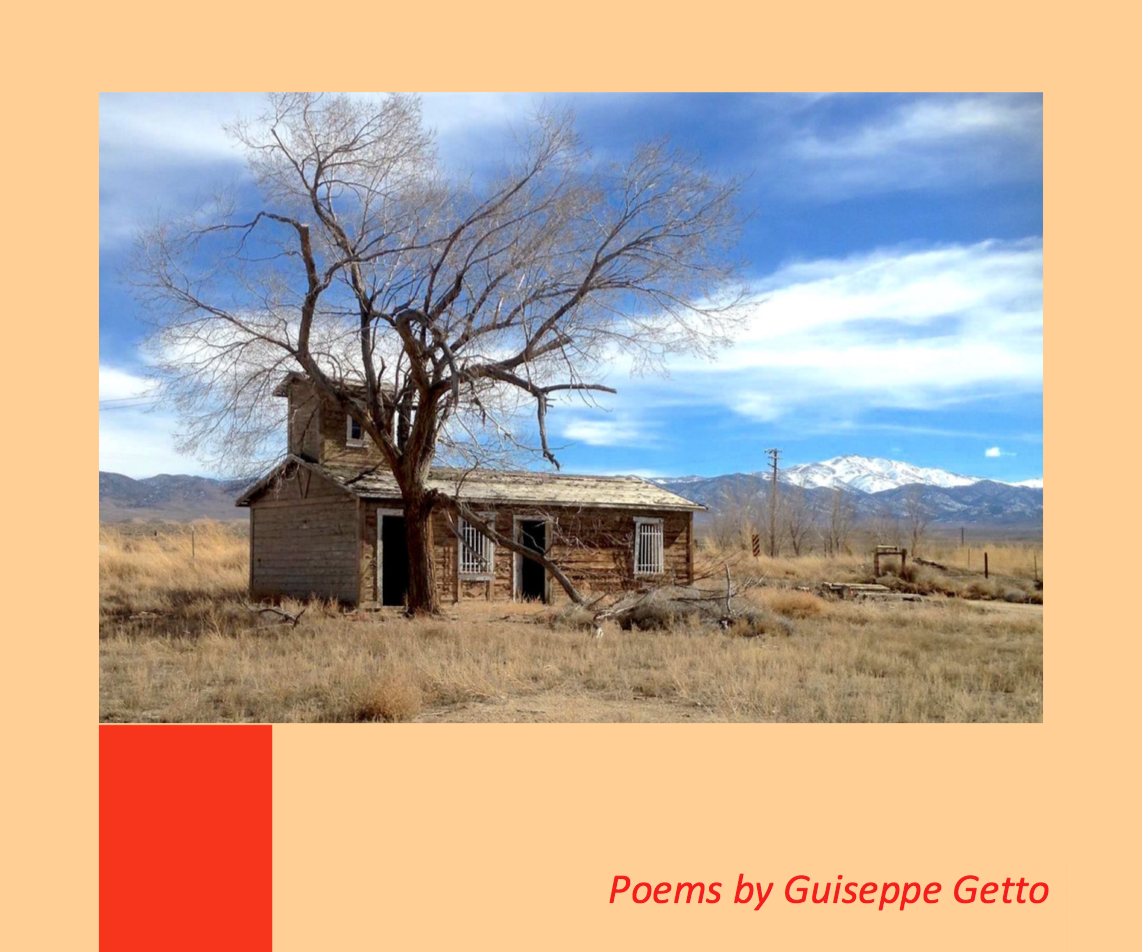Two Poems About the American West: “Agricultural” and “The Zen of Death and Dying”
These poems are older poems and have been with me for many years now. “Agricultural” recounts my experiences growing up on a ranch in rural Nevada. It melds the landscape with my memories of it to create a kind of impressionistic view of the American West as I came to understand it. For me, this is a landscape littered with broken promises, struggle, and the eternality of the seasons.
Really, the poem is about my relationship with my father, especially how that relationship changed in the wake of my parent’s divorce when I was nine. Many rural men, especially in the West, aren’t taught how to experience emotions outside of anger and fear. Their emotional range shrinks throughout their lives until they see everything around them as something to avoid or something to destroy.
“The Zen of Death and Dying,” as can be figured out from the title, is a meditation on death. In order to avoid cliches inherent to this subject matter, I focus the poem on another ritual familiar to any Westerner: shooting rabbits. It’s a rite of passage in the West to kill rabbits, often while speeding down dirt roads in a pickup truck at high speed and at great risk (it’s illegal in most states to discharge a firearm from a moving vehicle, and for good reason).
An early version of “The Zen of Death and Dying” can be also be read in the journal Slant.
Agricultural is unpublished outside of my book.
Central Themes of My Chapbook Familiar History
The themes of mortality, struggle, and the connections between landscape and memory are strands that can be found throughout my chapbook Familiar History, currently out from Finishing Line Press. The title of the chapbook, besides being taken from a poem in the chapbook (previously published as “The Perimeter of History“), has two central meanings. First, there are many historical reflections throughout the chapbook, including several meditations on important events from Nevada’s history, such as the above-ground nuclear testing that occurred in the 50’s. The book is also about the history of my own family, however, and the impact of this history as I grew into adulthood.
